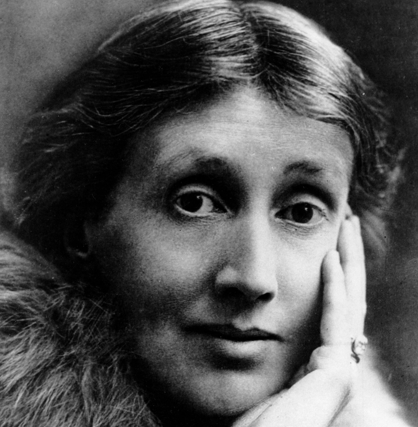7 Out of 10 Double-Reviewed Books at the 'Times' Are By Men

Anonymous ladies at Slate crunch the number of book reviews by gender at the New York Times over the last two years (throwing their data-gathering “associate editor Chris Wilson” under the bus as they do so-no Times reviews in your future, buddy!). So: “Of the 545 books reviewed between June 29, 2008 and Aug. 27, 2010, 338 were written by men (62 percent of the total) [and] 207 were written by women (38 percent of the total)…. Of the 101 books that received two reviews in that period: 72 were written by men (71 percent).”
One note on that data: that second number is somewhat tricky. As I understand it, to this day the NYT Book Review and the paper’s daily book reviewers operate entirely independently, so that second number isn’t necessarily proof of an organized and overarching pro-male bias in anointing “important” books by men, but perhaps a sign that two independent groups skew male. (The overlap in two purple circles of a Venn diagram comes up red, you know what I mean?)
Also it could all just mean that women less often write important and worthy and notable books. (No???)
I also don’t think it means that book reviewers and editors hate or avoid books by women!
It is definitely, to me, another sign that the daily and Book Review book coverage should at last be coordinated (if that is not a project underway already). If I owned a newspaper that covered books (and in my mind, I do!), in a world with tens of thousands of books of fiction alone published in English every year, increasing the number of books reviewed by fifty a year would seem to me to be a useful goal. This system is a remnant of the sacrosanct status of critics at the Times; historically critics cover what they like and no editorial schemes dare intrude.
Another disclaimer: it’s just a newspaper! They’re allowed to cover what they like, how they like!
Still, this also gives weight to arguments that we are not beyond the basics of reminding institutions how we all have an interest in basic diversity. (And reminding certain institutions why the world is leaving them behind.) I know that viewpoint seems very Vassar College 1992 to some people!
In conclusion, I encourage everyone to go buy Julia Holmes’ book Meeks, which received a very nice review by a man in the Times.
